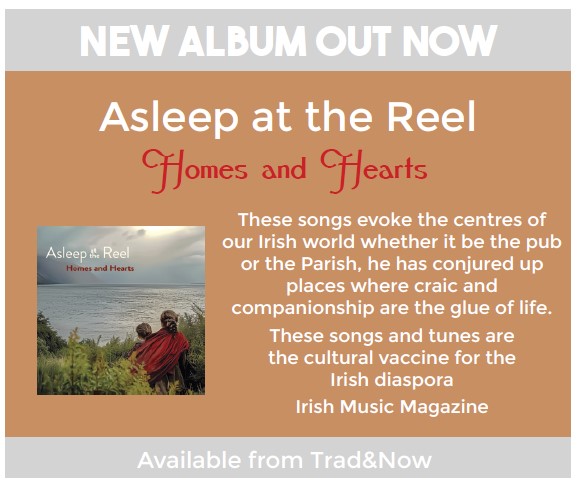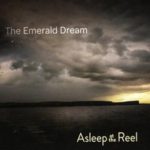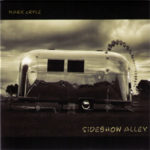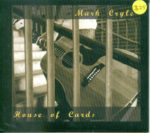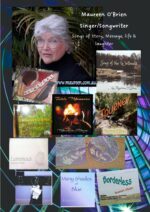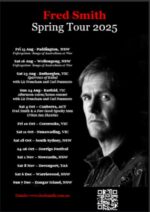Description
Irish diaspora in Australia chosen as an ongoing theme
TN165 Sept 24
Performer and Trad&Now reviewer, Ian Dearden, interviewed Mark Cryle about his music and his latest album, ‘Homes and Hearts’.
Ian: Why did you choose the Irish diaspora in Australia as a particular theme for the songs?:
Mark: It’s a lyrical theme that I’ve explored in previous songs that we’ve recorded on earlier albums.
‘The Emerald Dream’ is about the closure of the Irish Club in Brisbane.
‘Time and Tide’ was inspired by reading about Thomas Meagher, the Irish rebel who was transported to Tasmania in 1849, so it’s not a new direction as such.
As a songwriter I often have to confront the age-old question: ‘So what am I going to write about’?
Conscious of the adage, ‘what constrains also enables’, I just went down a rabbit hole reading texts on various aspects of Irish Australia, not just history books, but memoirs and collections of letters, novels and poetry.
As I read, I just scribbled down ideas – phrases, words, fragments of a narrative.
I wasn’t writing a song at that stage, just collecting possibilities for songs.
The songs with more contemporary settings have a slightly different genealogy.
‘My Derry Days’ was inspired by a conversation with a friend who grew up Protestant in Northern Ireland in the 60s and 70s.
Incredibly, he told me that the first time he had a drink with a Catholic was when he moved to Australia.
Sometimes, I just invent characters and re-use them in different songs.
The fictional narrator of the song ‘Molly Rose’ also appeared in a song called ‘Miss Australia’ which didn’t make the cut for the album.
In that song he was trying to chat up an Australian girl in a bar in Sydney.
I typically write rather more songs than we use for any given recording project.
Ian: Why do you prefer to use the band, Asleep at the Reel, as a vehicle for this project?
Mark: I have made a few solo albums in the past but I don’t think I’ll make another one.
It’s taken me a while to realise that I prefer to work in some sort of collective format.
It’s great to have other voices and other players.
That sometimes means that you have to compromise your ideas but I’m capable of doing that, mostly.
The songs, as written, are very basic and raw.
I just do a demo with voice and guitar into my phone and send it to Mick Nolan, our bass player and co lead vocalist, for his opinion.
Sometimes he’d say, ‘I’d really like to sing that one’, or ‘maybe we could do that as a duet’ and so we’d take it along to a rehearsal after we’d had a bit of a go at it, the two of us, and the band would nut out arrangements.
Hugh Curtis, our fiddle player, often had really good ideas for slight rearrangements as did Michael Fix our guitar player who engineered the recording.
I prefer to surround myself with good players and try to get their input.
They always think of things that I never would and I think the music is enhanced as a result.
It becomes more of a collective thing in terms of ownership.
It’s also that I love playing live with the band.
I stand on stage and look around and sometimes have to pinch myself thinking, ‘Hey I’m up here with these virtuosos’!
Ian: While the lyrics tend to be defined by references to the Irish Australian experience, their musical settings are not similarly constrained.
There are lots of songs there that wouldn’t typically be called ‘Celtic’.
Mark: That’s certainly true, and part of a conscious decision for the music to just take me where it takes me.
My writing typically starts with sessions where I am just trying to create melodies, sometimes with a title and usually with nonsense lyrics, and I just record them and go back and listen to them later and look to marry them with a lyrical idea if I feel they are strong enough.
For years I’d had a melody for a chorus that went ‘I’m holding on, I’m holding on’.
That was it, nothing more.
It was only when I was reading about an Irish settler writing home in the 1880s from a farm on the Darling Downs and obviously doing it tough, that I put the two ideas together and it made the song ‘Holding On’.
I’ve done plenty of listening to The Pogues and Christy Moore and other ‘Celtic’ style musicians and elements of that will probably always be in some of my songs, but I’m more likely to be listening to Jason Isbell or Jackson Browne or Paul Kelly these days, so those inspirations come out.
There are songs on the album that have more of a ‘Celtic’ influence, whatever that means, but I’m not constrained by it.
Ian: To what extent is personal experience reflected in the lyrics?
Do the ideas all come from your reading?
Mark: There are certainly personal elements in my songs, though possibly fewer in this album than in some others I’ve done.
I think the challenge as a writer is for the listener not to be able to discern between personal experience and a fictional narrative.
Some of these songs sort of weave between the two.
I didn’t migrate from County Cork and set up house in Collingwood, but others did.
Did they ask themselves, Could We Make This Land Our Home?
I don’t know, but it’s the kind of question I would have been asking if it had been me.
Did I leave a girl in Galway and move to Sydney only to realise that I’d made a big mistake, like the narrator in ‘Molly Rose’?
No, but I’ve sure made mistakes in relationships and had to go back ‘cap in hand’ to apologise for what I’d done in order to get it all back on the rails.
With the exception of the seasoned narcissists out there, who hasn’t had to do that?
